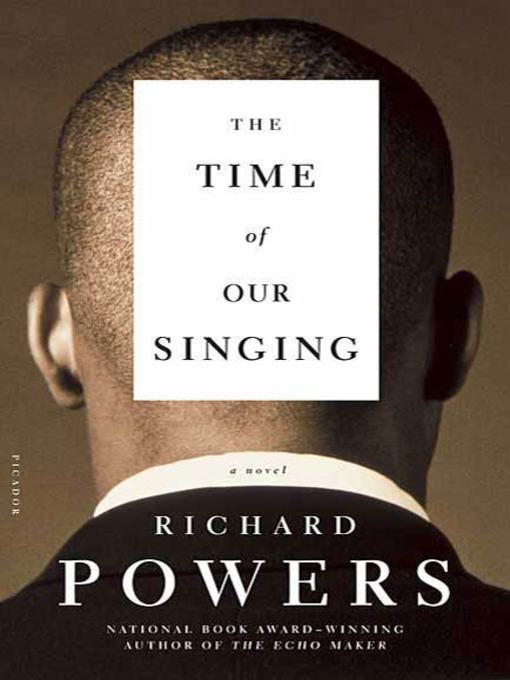
The Time of Our Singing
A Novel
کتاب های مرتبط
- اطلاعات
- نقد و بررسی
- دیدگاه کاربران
نقد و بررسی

October 7, 2002
Powers (Plowing the Dark, etc.) has generated considerable excitement as a novelist of ideas, but as a creator of characters, he is on shakier ground. Here he confronts his weaknesses head-on, crafting a hefty family saga that attempts to probe generational conflicts, sibling rivalries and racial identity. The book follows the mixed-race Strom family through much of the 20th century, from 1939—when German-Jewish physicist David Strom meets Delia Daley, a black, classically trained singer from Philadelphia—through the 1990s. The couple marries and has three children: eldest son Jonah, a charismatic, egotistical singing prodigy; Joseph, his self-sacrificing accompanist; and Ruth, the rebel of the family, who becomes a militant black activist. There are two separate strands to the story: one is a third-person chronicle of David and Delia's relationship through the 1940s; the other, narrated by Joseph, is about the brothers' education in the nearly all-white world of classical music and their experience of the civil rights movement as the rest of the country grudgingly catches up to the Stroms' radical experiment. Powers's premise is intriguing, and the plot's architecture is impressive, informed by the notion, from physics, of space-time wrinkles and time curves. Missing, however, are the pulse-quickening vintage-Powers moments in which his discussions of technology and science open up profound existential quandaries. Most of the book is taken up with a prolonged, overdetermined and off-key examination of family relationships and identity struggles. Narrator Joseph is supposed to be eclipsed by his brother, but Powers overshoots the mark: for half the book, Joseph is little more than a pair of eyes and ears. Powers's depiction of how public events filter into individual consciousness can also be surprisingly unimaginative; Joseph periodically runs down a list of current events, using stale, iconic imagery ("our hatless boy president plays touch football on the White House lawn"). Powers deserves credit for taking a risk, but his own experiment reveals his startling tone deafness to the subtle inflections of human experience.

























دیدگاه کاربران